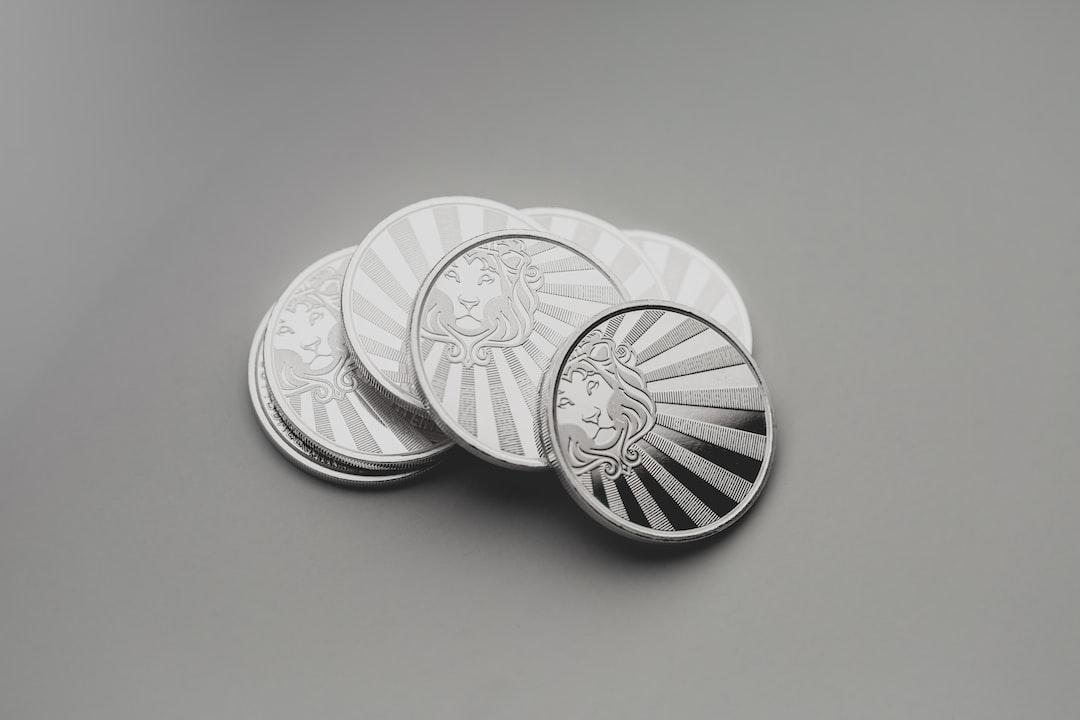Author: Lincoln Murr; Source: bitpush; Translation: Bitpush News Scott Liu
The politicization of cryptocurrencies has intensified with the approaching presidential elections. Former US President Trump has led the way with numerous statements supporting cryptocurrencies, compelling Democrats to court the tens of millions of American cryptocurrency holders. Despite Trump’s promise to be the “crypto president,” there remain many unanswered questions regarding his actual impact on the future of blockchain and cryptocurrencies.

In this current election cycle, Trump is actively courting niche voters such as cryptocurrency enthusiasts, Silicon Valley tech workers, and ordinary Americans who believe in Bitcoin’s mission and values. In his speeches and the Republican Party’s official platform, he has pledged to never allow the creation of a central bank digital currency, uphold the right to self-custody assets, and defend the rights of Bitcoin miners.
Trump recently announced his vice presidential candidate, Ohio Senator JD Vance, who holds between $100,000 to $250,000 worth of Bitcoin, marking the first-ever presidential candidate duo consisting of Bitcoin holders. Trump has also recently stated his belief that Jamie Dimon, CEO of JPMorgan Chase and a staunch Bitcoin critic, “has softened a bit in his stance.” This marks a significant shift in opinion, given Dimon’s longstanding characterization of Bitcoin as a fraud and Ponzi scheme. However, time will tell whether this represents a genuine change or an attempt to align with the Trump administration, which might appoint him as Secretary of the Treasury.
Trump’s pro-cryptocurrency stance will peak on July 27th when he takes the stage at the Bitcoin 2024 conference in Nashville, facing industry leaders and enthusiasts. Rumors suggest he may announce the creation of a US strategic Bitcoin reserve in Nashville, though this remains unconfirmed.
Four years ago, mention of Bitcoin or cryptocurrencies would have made front-page news. Now, it’s nearly a weekly occurrence and increasingly a significant political issue. This situation itself has a profound impact on the cryptocurrency market and indicates growing public and legislative acceptance and legalization of cryptocurrencies.
Despite appearing favorable to the cryptocurrency industry, Trump’s commitments and beliefs are complex. Trump has a history of making promises he doesn’t fulfill, and in the worst-case scenario, all his statements could prove hollow. Billionaire investor Mark Cuban believes the benefits of a Trump presidency for Bitcoin lie not in his bullish stance on the asset but in the geopolitical instability, lower taxes, and tariffs that the Trump administration could bring, leading to increased demand and prices for Bitcoin.
Another issue to consider is the consequences of Trump fulfilling his commitments. While the rights to self-custody, mining, and the absence of a central bank digital currency are undoubtedly positive developments, these are rights currently held by individuals. Trump has not promised anything innovative regarding cryptocurrency beyond preserving existing rights for American cryptocurrency holders. While there are hints that a Trump-led government would take fewer legal actions against cryptocurrency companies and allow them to innovate peacefully, this remains speculative, especially with SEC Chairman Gary Gensler, a major adversary of cryptocurrencies, serving until 2026. While Trump could replace him at any time, pleasing the cryptocurrency industry is a far lower priority among many other issues.
What the industry truly needs are commitments to appropriate cryptocurrency regulation. In addition to preserving the rights of Bitcoin miners and custodians, clear rules are needed on issues such as defining securities, how tokens and protocols interact with token holders for governance and income sharing, and how traditional institutions and financial entities can start using and interacting with blockchain applications. These commitments are more complex but crucial for the long-term success of cryptocurrencies in the US and globally.
While a potential Trump presidency appears beneficial for Bitcoin, with speculation suggesting we could see $100,000 Bitcoin by the end of 2024 if he wins, the long-term prospects for the cryptocurrency industry remain relatively unchanged. Trump must first fulfill his promises and foster greater innovation in the blockchain sector to truly be seen as the “crypto president”.

